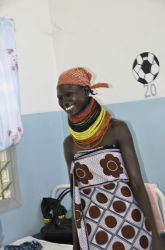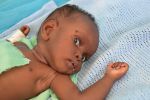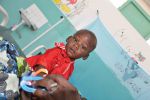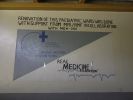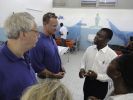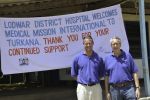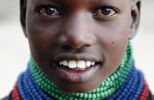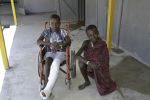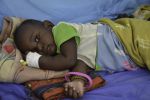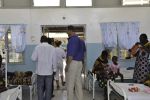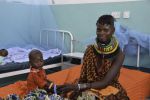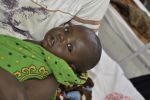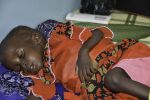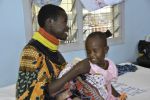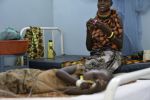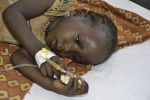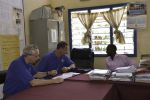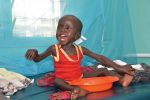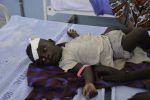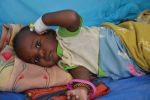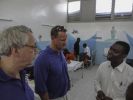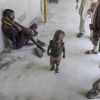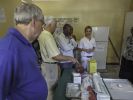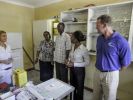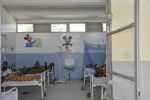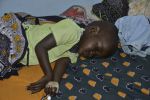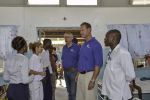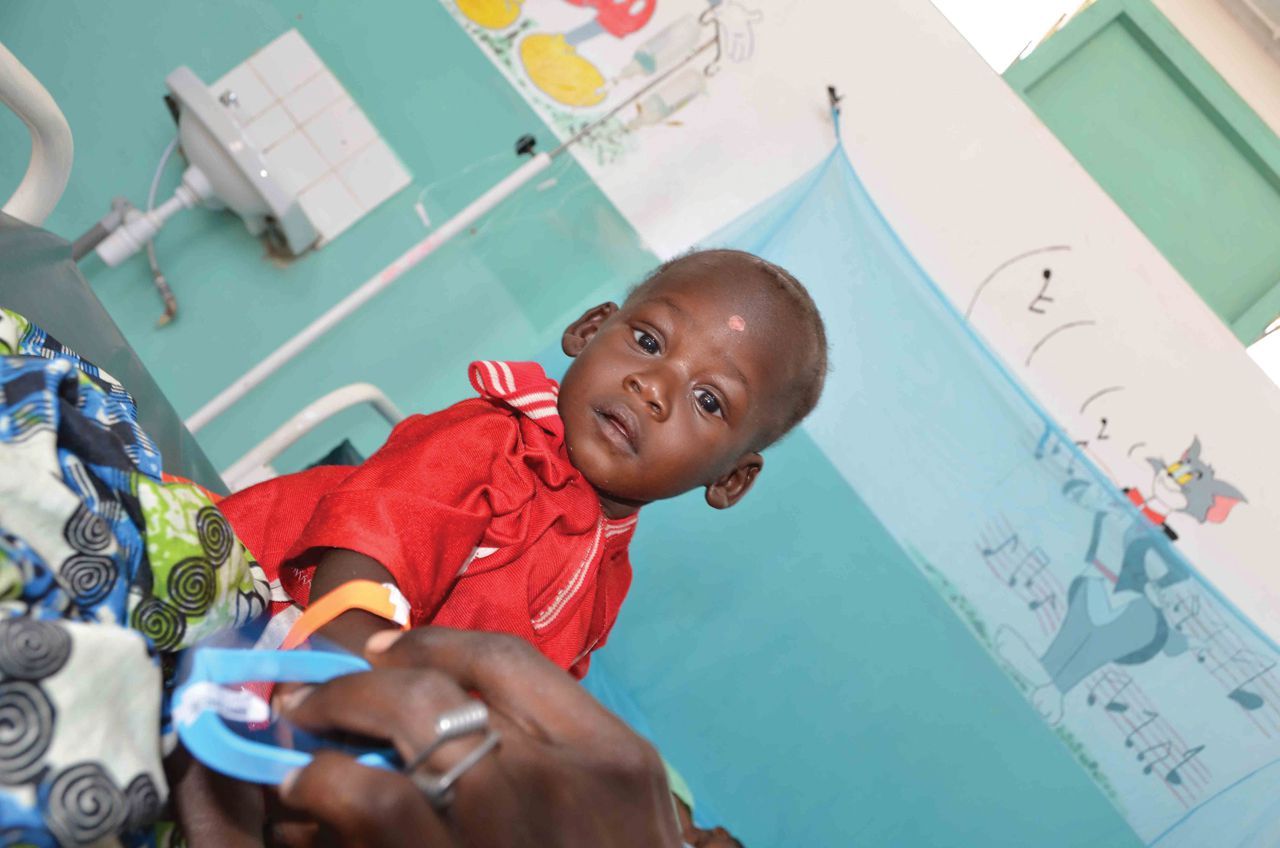Medical Mission International is saving lives and making a difference at the Lodwar County and Referral Hospital in the Turkana region of northwestern Kenya.
According to programme liaison, Dr. Martina Fuchs, MMI funding has dramatically improved the hospital’s infrastructure and its operations. MMI has invested in the renovation and of improvement of the hospital’s facilities and equipment, and money is also being allocated to fill major supply gaps. Now, the hospital is well stocked with a consistent supply of basic medical equipment, disposables and pharmaceuticals. Financial support is also being designated for on-site clinical training of staff, and medical outreach campaigns.
Prior to MMI support, the hospital was struggling. “The wards needed major repair and supplies and drugs were not being provided on a regular basis by the government,” said. Dr. Fuchs. “The situation became so dire that patients often had to purchase medicines themselves because the hospital could not provide them.” The necessary medications were often too costly, or completely unavailable resulting in continuing sickness and death.
Conditions at the hospital had deteriorated so badly that mothers staying with their children had to use torches at night because the fixtures had fallen from the ceilings and walls. Staff had limited equipment. Pediatric ward doors and windows had broken glass. Food was delivered and served using a wheelbarrow.
The MMI remodel of the pediatric ward was extensive and included resurfacing the floors, painting all the rooms, supplying new bed frames and mattresses and repairing broken glass in the ward doors and windows. The remodel also included the installation of a new pit latrine, which has improved hygiene and helped combat disease.
MMI funding for the purchase of medical equipment at the hospital, has included an oxygen concentrator, which has been a lifesaver especially in cases of pediatric pneumonia. According to Fuchs, the number of pneumonia-related deaths has dropped and overall deaths at the hospital are decreasing as well.
The Turkana region in Kenya is arid and parched and suffers from chronic drought. Livestock and people subsist without adequate food and water. Hospital staff estimates thirty percent of the people in the region are severely malnourished. Many survive only because of relief aid supplied by the government of Kenya and humanitarian aid organizations, like Medical Mission International.
The hospital is the only functional government regional referral hospital for all of Turkana region, which has a population of more than a million people. According to Fuchs many of the patients who come to the hospital are children and the most common health problems are malaria, pneumonia, anaemia, severe and acute malnutrition, and Gastroenteritis, an infectious diarrheal illness and inflammation of the stomach and small intestine.
The constant supply of essential pharmaceuticals now available at the hospital at no cost to the patients, and specifically the emergency drugs used in the pediatric unit have gone a long way in saving lives and ensuring that the hospital continues to register low mortality numbers. The hospital is also functioning more efficiently on a day-to-day basis now that it has an inventory of medical disposables, including things like gauze rolls, strapping adhesives, examination gloves, bandages, and gowns and sutures. Having basic cleaning agents and disinfectants on hand also allows the hospital to keep its wards clean and germ free.
“Without the continued support and commitment of Medical Mission International our progress here at the hospital would not have been possible,” said Dr. Martina Fuchs.
